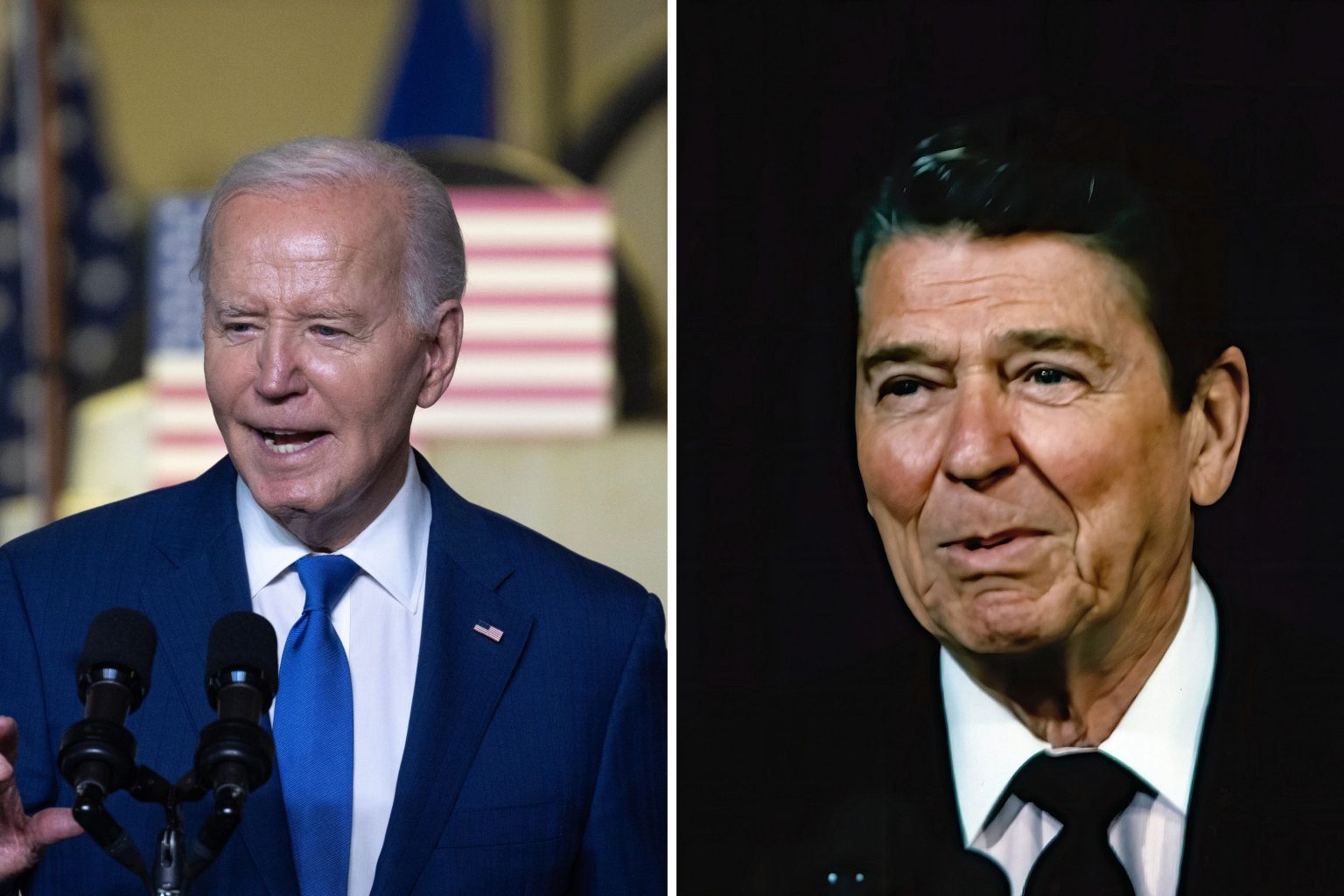President Joe Biden recently announced that he would withhold certain weapons from Israel amid the ongoing Israel-Hamas war, specifically in response to Israeli forces potentially launching an invasion of Rafah. This decision raised questions about the effectiveness of using military aid as leverage, with comparisons being made to former President Ronald Reagan’s similar stance during Israel’s war in Lebanon in the 1980s. Reagan had ordered a halt to shelling by Israel during that conflict, using the withholding of American arms shipments to influence Israeli war policy. Republicans have criticized Biden’s stance, with Senator Lindsey Graham calling it the “worst decision” in the U.S.-Israel relationship and arguing that Israel should be given the necessary weaponry to survive.
In the aftermath of the recent escalation of conflict in Gaza, which has resulted in significant civilian casualties, Biden’s warning to withhold offensive weapons from Israel if they launch an invasion of Rafah has sparked debate among politicians. Former President Reagan’s use of military aid as leverage in the past was referenced by Senator Graham during discussions about the implications of Biden’s decision. The comparisons drawn between the two instances highlight the complexities of foreign policy decisions and the various factors that come into play when dealing with conflicts in the Middle East.
Representative Michael McCaul, another Republican, was also questioned about Reagan’s stance on leveraging military aid during a recent interview. While he expressed support for humanitarian peace efforts, McCaul disagreed with Biden’s decision to withhold weapons from Israel. The context of the conflict between Israel and Hamas, particularly the potential devastation facing Israel if not provided with necessary military support, underscored the differing opinions among politicians regarding the withholding of offensive weapons as a means of influencing Israel’s actions in the region.
Senator Rick Scott, in a separate interview, emphasized the necessity for Israel to take action against Hamas in order to ensure its survival and security. He criticized Biden’s decision to withhold weapons as sending a negative message to Israel, given the threat posed by Hamas in Rafah. The complexities of the situation, with conflicting interests and perspectives on how best to address the ongoing violence, have brought attention to the role of the U.S. in mediating and providing support to its allies in the region.
As the conflict between Israel and Hamas continues to escalate, U.S. Secretary of State Antony Blinken raised concerns about Israel’s war conduct in Gaza. The State Department’s ongoing assessment of the situation has highlighted instances where Israel’s actions may not align with international humanitarian law, particularly in terms of civilian suffering and casualties. The delicate balance between supporting Israel’s right to defend itself while also upholding humanitarian principles has become a crucial consideration for U.S. policymakers in navigating the complexities of the Israel-Hamas conflict.
In light of the recent developments and discussions surrounding the U.S. stance on the Israel-Hamas conflict, the legacy and decisions of past leaders like Reagan have been scrutinized for insights into effective strategies for influencing Israeli policy. The debates among Republicans regarding Biden’s decision to withhold weapons from Israel reflect the challenges faced by U.S. administrations in managing the delicate dynamics of the Middle East region. Finding common ground and promoting stability in the region remain key priorities for U.S. foreign policy efforts as they navigate the ongoing conflicts and tensions in the area.







